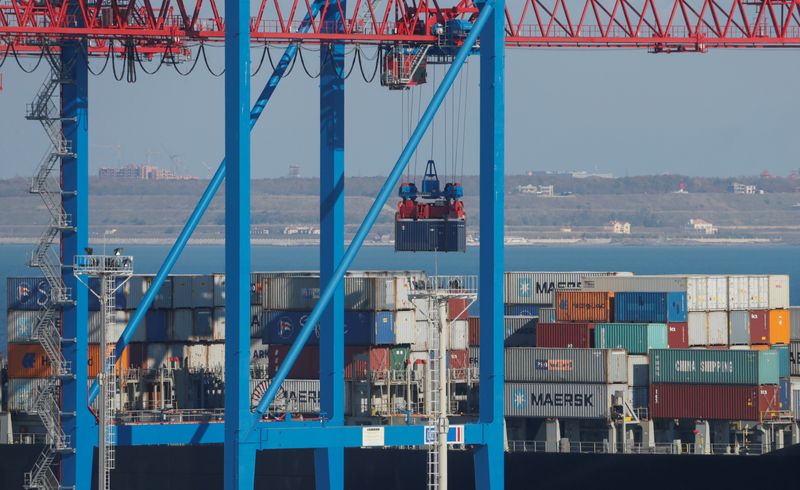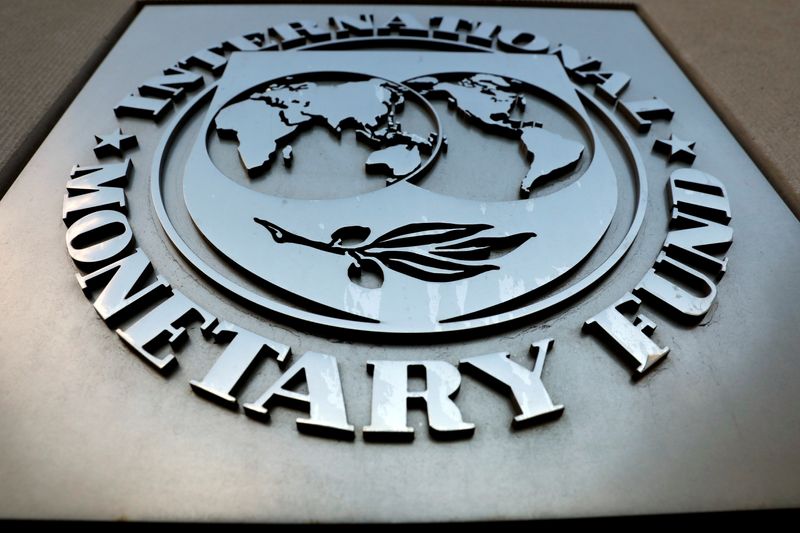By Andrea Shalal
WASHINGTON (Reuters) -The International Monetary Fund (IMF) on Tuesday confirmed that it is moving toward expanding emergency financing for countries hit by surging food prices and shortages triggered by the war in Ukraine, with some 20 to 30 countries seen most in need.
IMF Managing Director Kristalina Georgieva said the fund's executive board members were "very positive" about the proposed "food shock window" when they met informally on Monday, and she hoped they would approve it to allow a swift disbursal of funds.
The plan, first reported by Reuters on Monday, would allow the IMF to provide additional, unconditional emergency financing to countries hit hard by the food crisis unleashed by Russia's war against Ukraine and global inflation following the COVID-19 pandemic.
"There is a sense that it is a necessity and we have urgency to act," Georgieva told an event hosted by the Center for Global Development. "What we are proposing is to increase access to emergency financing for a year to countries that are most vulnerable."
She said the changes would benefit low-income food importing countries that have seen their costs skyrocket, or others like Ukraine whose exports have been hampered by the war.
Georgieva said the program would be available to countries that did not already have a larger IMF program, and estimated that some 50 countries would be eligible, of which 20 to 30 were expected to have the greatest need.
IMF spokesman Gerry Rice said the fund has lent over $268 billion to 93 countries since the start of the pandemic and was looking at "all options to enhance our toolkit, including to help countries impacted by the food crisis."
Further discussions were planned with the executive board to ensure formal approval of the changes, he said.
Rice said the fund had provided $27 billion in loans to 57 low-income countries, and was continuing to encourage its member countries to "come to us early for needed financial support."
The proposal discussed Monday would temporarily increase existing access limits and allow all member countries to borrow up to an additional 50% of their IMF quota under the IMF's Rapid Financing Instrument, with low-income countries able to tap the Rapid Credit Facility, sources familiar with the plan said.

Georgieva said she hoped it would be approved in time for the Fund's annual meetings in October, they said.
Food prices - already hit by inflation - surged worldwide after the start of the Ukraine war due to blocked supply routes, sanctions and other trade restrictions, although a UN-brokered deal that allowed resumed exports of grain from Ukrainian ports has begun to ease trade flows and lower prices in recent weeks.
